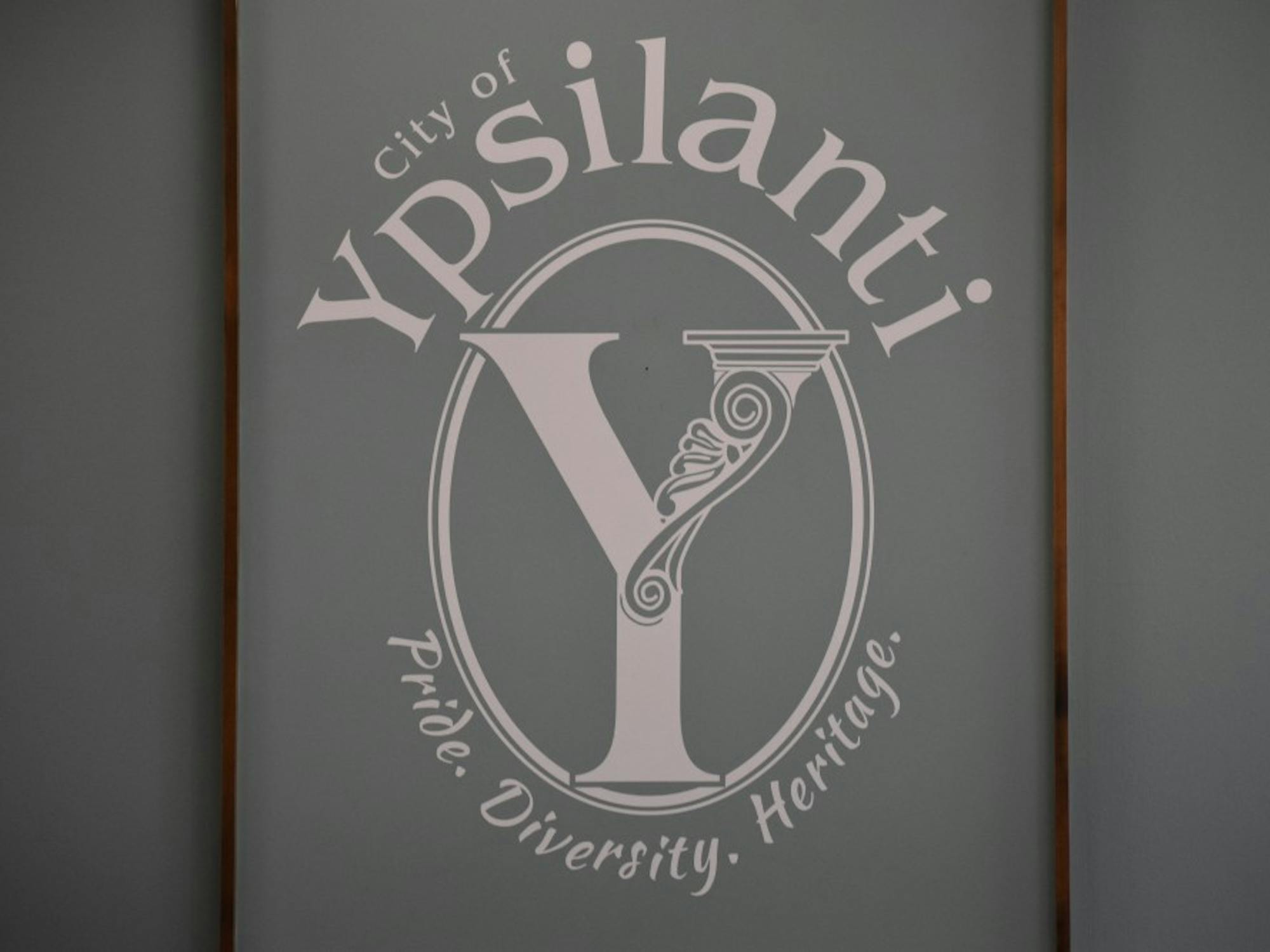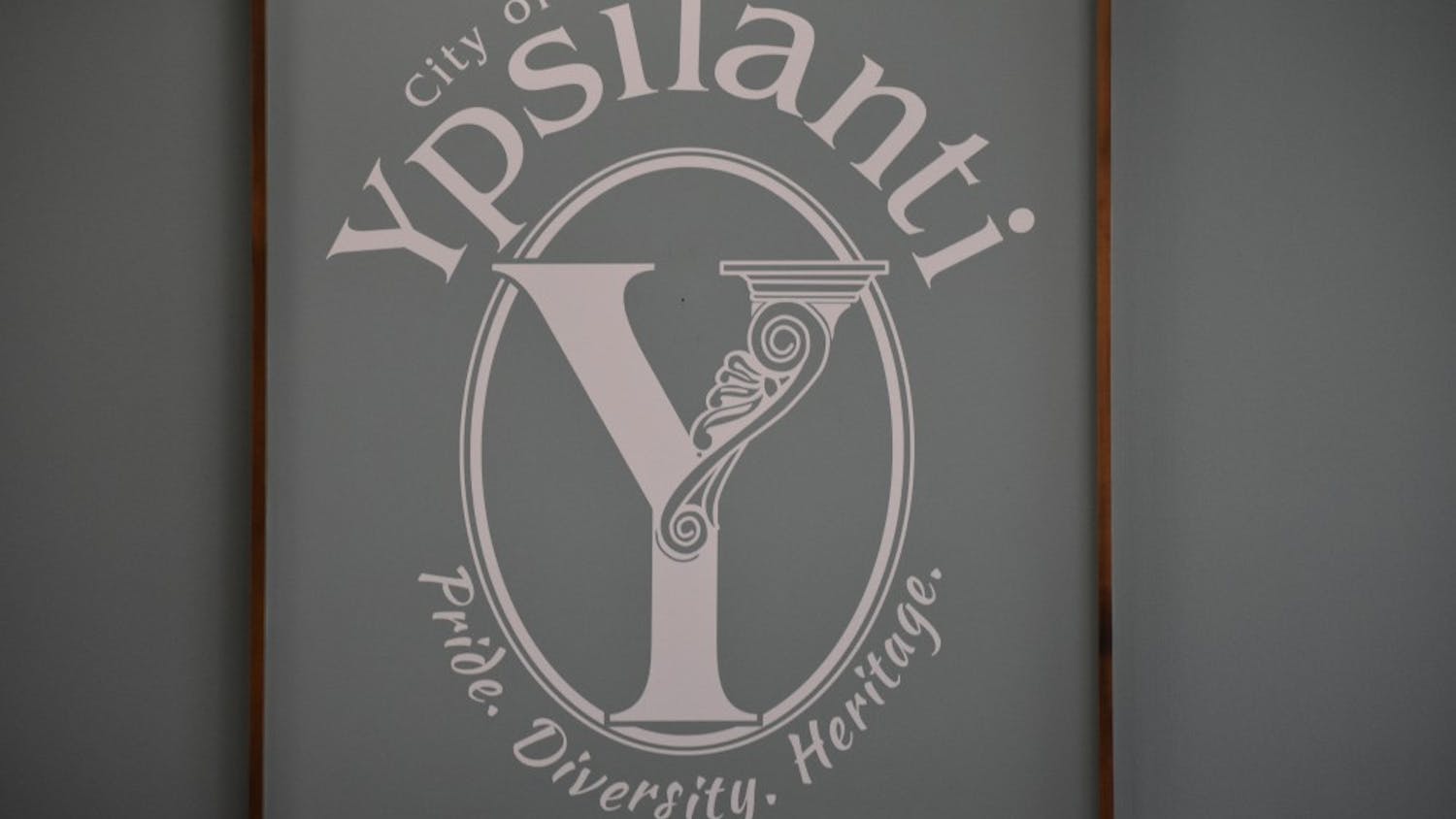The Michigan Supreme Court has ruled that the executive orders made by Governor Gretchen Whitmer in relation to the COVID-19 pandemic are unconstitutional. The court voted four to three to end Whitmer’s ability to repeatedly extend her emergency powers without the approval of the Legislature.
After the Supreme Court’s decision, the Ypsilanti City Council held a meeting on Tuesday Oct. 6 to discuss how the ruling may affect their ability to continue holding City Council meetings safely during the COVID-19 pandemic.
“According to the recension of her executive orders by the Supreme Court, we don’t know if we’re allowed to continue to meet virtually,” Frances McMullan, Ypsilanti City Manager, said.
John Barr, Ypsilanti’s City Attorney, explained that without the power of the governor's executive orders, public meetings, such as those held by the city council, might not be able to be held virtually without potentially violating the Open Meetings Act.
The Open Meetings Act, which took effect in 1977, requires that all public meetings have to be open to the public. Violating the Open Meetings Act can result in being found guilty of a misdemeanor, and the Ypsilanti City Council could be found personally liable and charged $500 for a single meeting.
Now Barr must look into the situation and indicate whether or not he can bring forth a resolution that could allow the City Council to continue holding meetings virtually.
“I think that all reason and common sense would indicate that we should be doing meetings . . . [virtually] until the pandemic is under control,” Barr said.
Many of the council members agreed that holding the council meetings virtually is the best way to keep the people in the City of Ypsilanti safe.
“Everybody is not going to be accessible [to a public meeting]. People have underlying health issues, people take care of relatives who could get seriously ill or die from COVID-19,” Council Member Annie Somerville said.
As of right now, how the next City Council meeting will be held on Oct. 20 is “currently up in the air,” according to Barr.
A possible fall back option could be that the City Council hold a hybrid City Council meeting, where there would be a small live presence, and the rest of the people attending would still have the option to watch virtually from the safety of their homes.
Barr believes the best and easiest solution would be for elected representatives in Lansing to solve the problem. “Up in Lansing, they are trying to work around this with the Open Meetings Act and perhaps change the law.”











